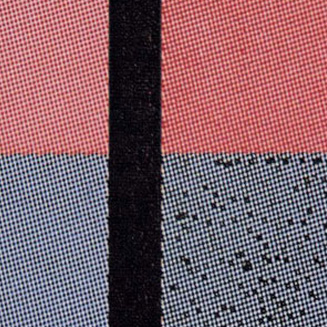
Anilox volume is too high.
Reduce anilox volume.
______________________________________________________________________
Ratio of dot size (print size) to anilox cell count is inadequate.
Revise art, screen and plates for press capabilities.
______________________________________________________________________
Plate impression is excessive.
Reduce plate to substrate impression.
______________________________________________________________________
Anilox to plate pressure is excessive.
Adjust to reduce anilox impression. Check plate level.
______________________________________________________________________
Paper dust from board or pressroom collects in the ink and sticks to the plate.
Clean press, plates and environment. Ensure clean sharp slitting and sheeting.
______________________________________________________________________
Ink film is too thick for plate screen.
Reduce ink film thickness by lowering ink viscosity, increasing ink metering or decreasing anilox volume.
______________________________________________________________________
Ink is drying too fast.
Add slow solvent; increase machine speed.
______________________________________________________________________
Printing plate is too soft.
Use plates with a harder durometer.
______________________________________________________________________
Worn plates
Replace plates.
______________________________________________________________________
Ink pH is too low.
Check and adjust pH (non-pH stable inks only).
*The solutions provided from the troubleshooting guide are general in nature, please contact your sales or technical representative to discuss specific issues.

Sun Chemical offers a broad ink and coating product portfolio with a wide range of capabilities that include inks, coatings, color software and brand color management for paper packaging.
Learn About Sun Chemical's Solutions for Paper Packaging